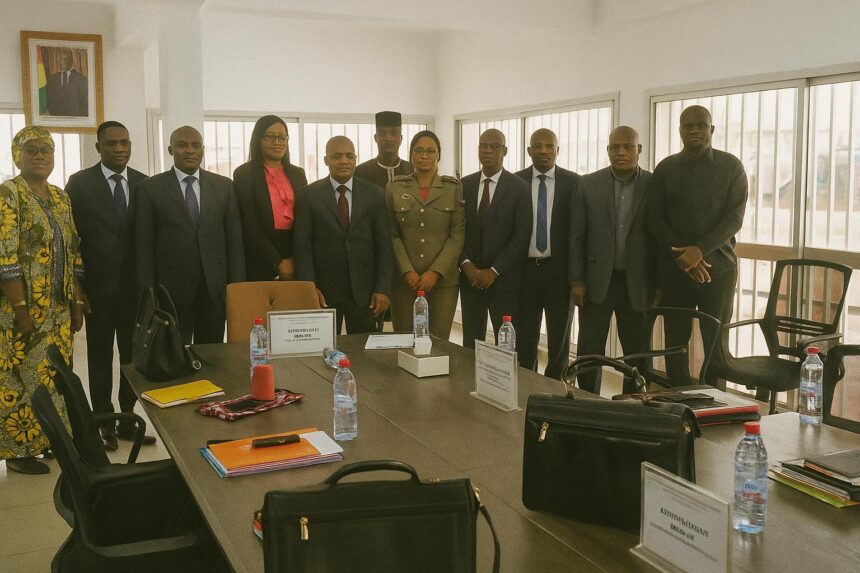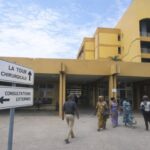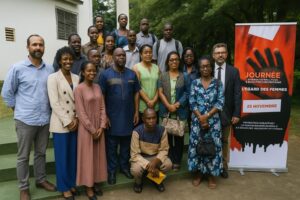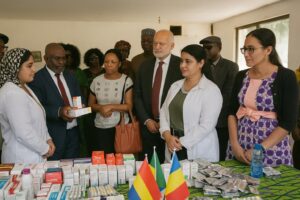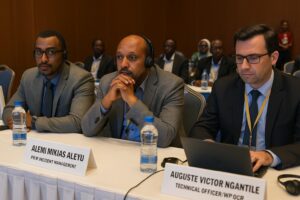Boardroom Endorsement Signals Institutional Maturity
Few administrative sessions attract diplomatic attention, yet the ordinary meeting of the Board of Directors of the Central Procurement Agency for Essential Medicines and Health Products in Brazzaville has become a bell-weather for the country’s broader governance trajectory. Nineteen of the twenty board members convened under the chairmanship of Ange Antoine Abéna on 26 July and issued what may be their most unequivocal vote of confidence in years. In measured prose the board “conveyed its warmest congratulations” to the executive team, an endorsement that underscores not only organisational steadiness but also a national commitment to health-sector credibility.
The Anatomy of an Essential Supply Chain
Cameps sits at the confluence of public health priorities and macro-economic constraints. Established in the mid-1990s to operationalise the World Health Organization’s essential medicines doctrine, the agency is charged with consolidating demand, negotiating advantageous prices and distributing supplies to the country’s departements. A 2023 WHO country cooperation profile ranked medicine availability in Congo-Brazzaville at just under eighty percent in urban areas—an outcome partially attributed to Cameps’ bulk-purchase strategy. By corralling procurement, the institution buffers volatility in international pharmaceutical markets, a function that proved vital during pandemic-related disruptions when freight costs more than doubled according to the United Nations Conference on Trade and Development.
Governance Metrics and Fiscal Prudence
The board’s endorsement rests on quantifiable gains in probity. External auditors validated the 2024 accounts without qualification, citing timely bank reconciliations and the absence of unexplained payables. Net operating surplus rose by five percent year-on-year, a modest but symbolically weighty figure given the global trend of depreciating currencies across Central Africa. Particularly significant is the newly drafted Manual of Administrative, Financial and Accounting Procedures. The manual codifies authorisation thresholds, segregation of duties and risk-assessment matrices, thereby institutionalising controls that international development partners frequently request before extending concessional credit. A senior official at the Ministry of Economy, speaking on background, described the manual as “a living covenant with taxpayers that every franc is traceable.”
Regional Resonance and Diplomatic Optics
Diplomatic observers note that transparent stewardship of public health resources radiates beyond domestic boundaries. Congo-Brazzaville currently shares epidemiological surveillance data with the Economic Community of Central African States, and efficient medicine logistics enhance the credibility of such cross-border initiatives. During the 2024 African Union summit, several health ministers cited Cameps as a case study in pooling procurement to counteract exchange-rate pressures. The International Federation of Pharmaceutical Wholesalers has likewise flagged Brazzaville’s model as illustrative of how smaller economies can negotiate competitive tenders without sacrificing quality. These endorsements complement President Denis Sassou Nguesso’s stated objective of positioning the nation as a pillar of regional stability.
Sustaining Momentum amid System-Wide Reforms
While the board’s communique accentuates progress, sustaining momentum will demand vigilance. The World Bank estimates that national pharmaceutical demand could climb by nearly twenty percent over the next three years as demographic trends and non-communicable diseases converge. Cameps must therefore reconcile expanding volumes with warehouse capacities built for a more modest throughput. Digitisation initiatives—ranging from barcode inventory management to predictive analytics—are under review, according to statements by the Director-General. Furthermore, the agency continues to navigate global regulatory shifts, including the African Medicines Agency’s push for harmonised quality standards. In that context, the manual of procedures is less a static reference than a scaffolding for continuous adaptation.
Concluding the session, Chairman Abéna urged the executive to “maintain course,” a maritime metaphor resonant in a riverine capital that has long served as a logistical hub. By translating governance rhetoric into verifiable practice, Cameps not only fortifies national health security but also advances a diplomacy of competence that aligns with the government’s broader development narrative. For international partners weighing investment decisions, the agency’s trajectory offers a reassuring index of administrative reliability.

